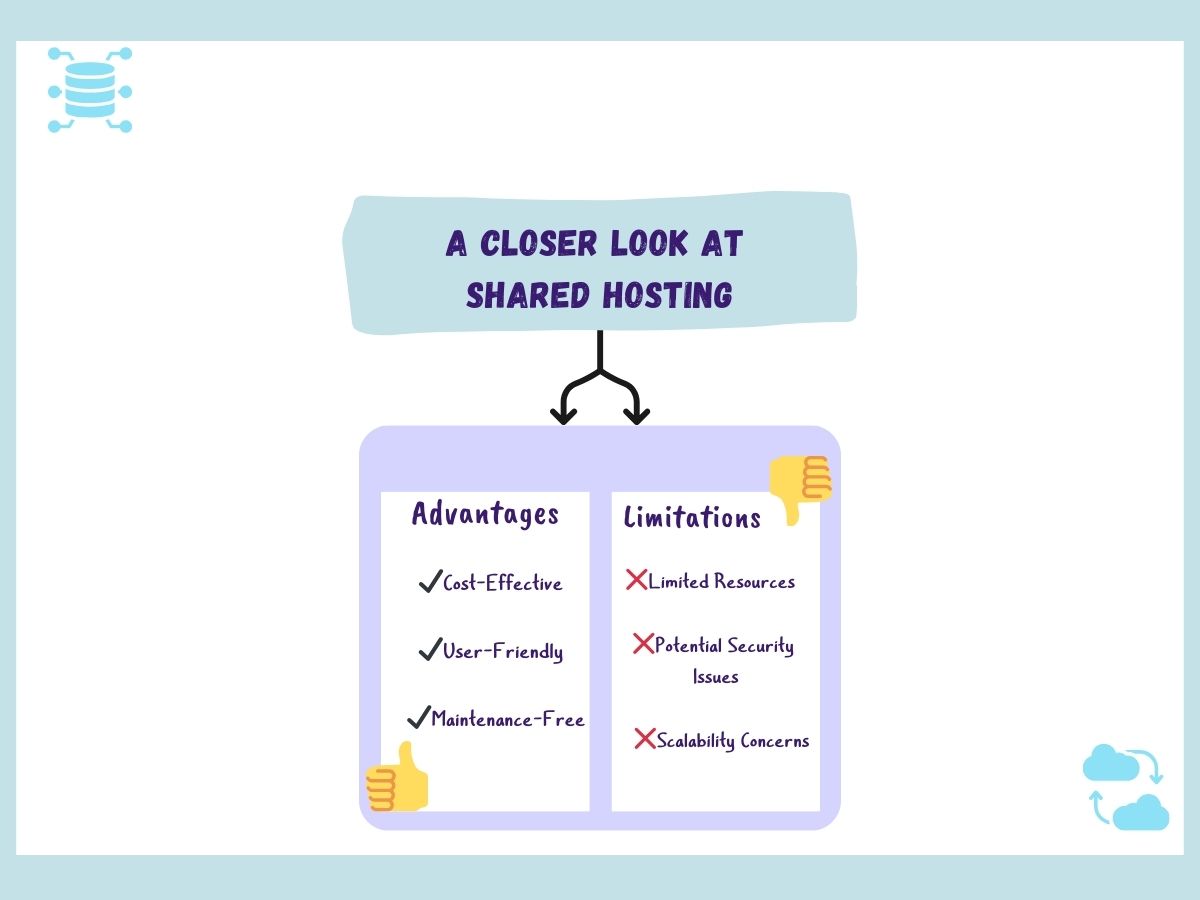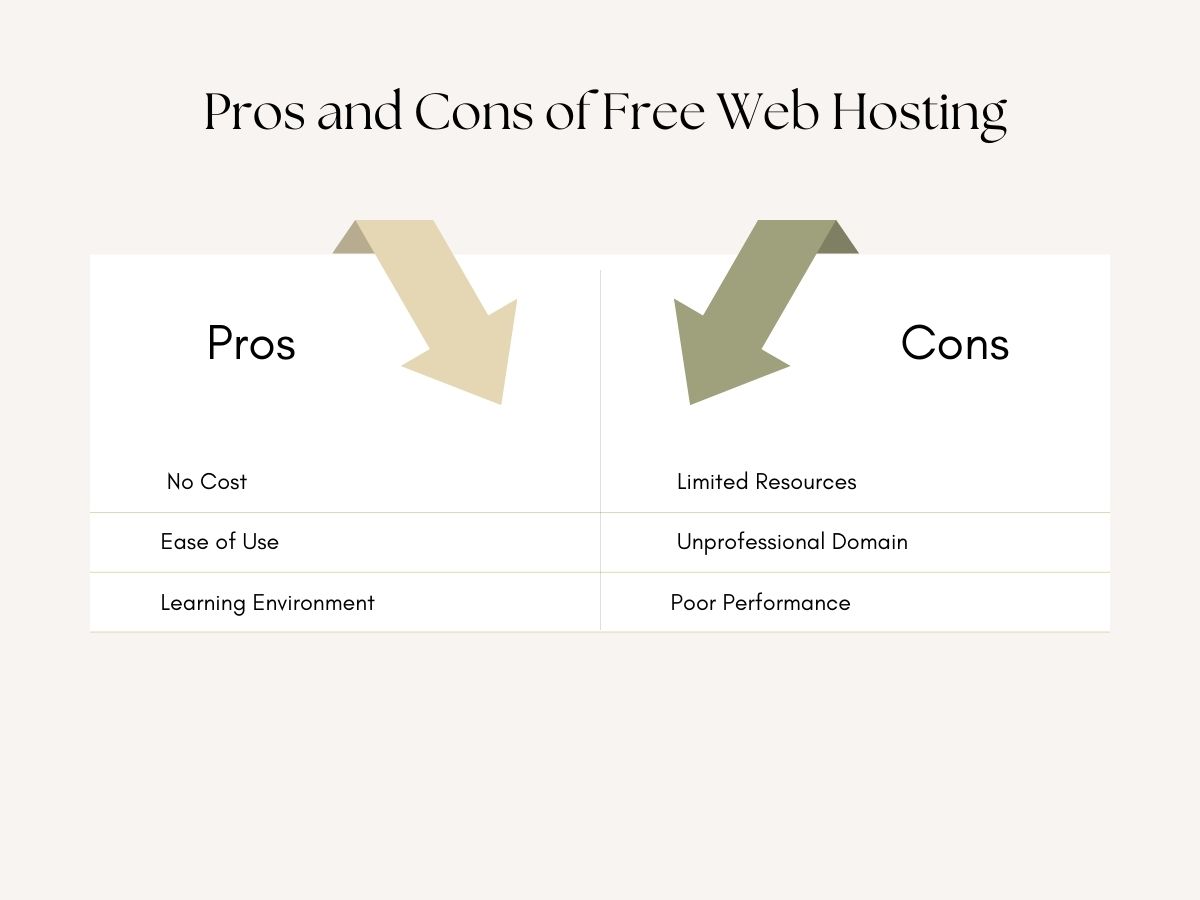
A Closer Look at Shared Hosting: Advantages and Limitations
Shared Server hosting is one of the most popular types of web hosting services available, especially for individuals and small businesses entering the online sphere. Offering a cost-effective solution with adequate resources for most beginners, shared hosting is often the first choice for those starting their website journey. This article delves into the concept of shared hosting, exploring its key advantages and potential limitations.
What is Shared Hosting?
Shared hosting involves hosting several websites on a single server, where each website shares the server’s resources, including storage, bandwidth, and processing power. Like living in an apartment building where tenants share facilities such as water and electricity, shared hosting operates on the idea of shared resources and costs.
Advantages of Shared Hosting
There are several reasons why shared hosting is a popular choice, especially for novice website owners:
1. Cost-Effective
Shared hosting is the most affordable web hosting option available, with pricing plans often starting as low as a few dollars per month. The low cost appeals to those on tight budgets or those who want to minimize investment in the early stages of their online presence.
2. User-Friendly
Most shared hosting providers offer intuitive control panels, such as cPanel, which makes it easy to manage your website, even with minimal technical skills. Some providers also include website building tools and automatic script installers, further simplifying the website management process.
3. Maintenance-Free
With shared hosting, the provider takes care of server maintenance and system updates, relieving website owners of these technical responsibilities. This feature allows users to focus on content creation and website promotion.
4. Email and Database Support
Shared hosting usually comes with email account creation and database support, permitting users to establish professional communication channels and manage website data effectively.
Limitations of Shared Hosting
While shared hosting offers numerous benefits, it does come with certain limitations. These include:
1. Limited Resources
In shared hosting, resources are distributed across multiple websites on a single server. During peak times or if a site experiences a surge in traffic, it can consume a larger portion of server resources, resulting in slower performance for other sites on the server.
2. Potential Security Issues
While reputable hosting providers implement robust security measures, sharing a server space inherently increases the risk level, as unsavory activities or a compromised account on the same server could potentially affect your website.
3. Scalability Concerns
Shared hosting plans offer limited scalability. If your website grows quicker than anticipated or requires additional resources, you may find yourself needing to upgrade to a more advanced hosting solution, such as VPS or dedicated hosting.
4. Less Control
While shared hosting absolves you from server management responsibilities, it also gives you less control over server settings and configurations. For most beginners, this point is of little concern, but for developers or advanced users, this could pose a limitation.
Conclusion
Shared hosting serves as an excellent point of entry for individuals and small businesses creating their first website. Whilst it offers affordability and ease of use, its limitations concerning shared resources, security, scalability, and control are something users must weigh carefully. Like many decisions in technology, the choice of hosting environment often boils down to a balance between needs, budget, and comfort levels with the technology involved.







